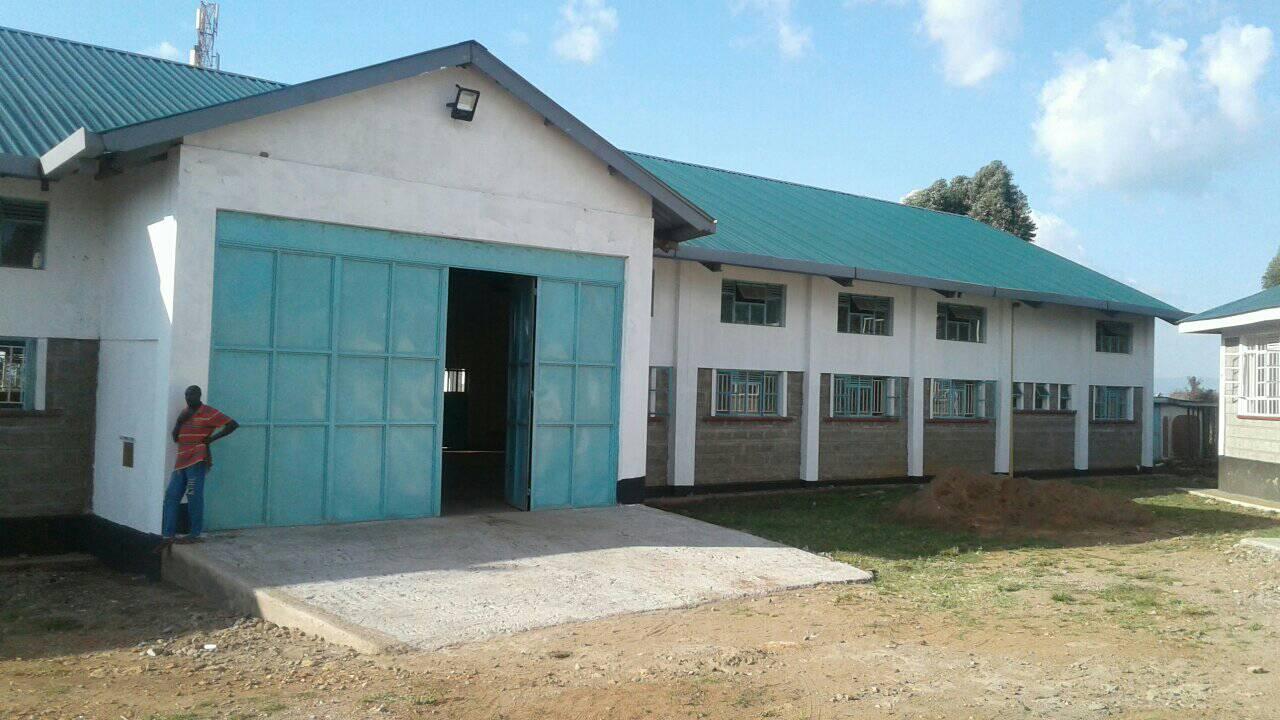
By George Munene
Founded by Cindy Jemtai, Kibet Kienyeji Vegetables supplies dried ready-to-cook traditional vegetables farmed in Kenya to consumers in the United Kingdom and Europe.
“Many Kenyans I meet in Europe often spoke longingly of how much they enjoyed indigenous veggies, but, like myself, they only ever have a taste of them, on the rare occasions relatives fly in from Kenya with some dried ‘mboga’,” explained Cindy who lives in Kent, UK.
Working for health food store chain Holland & Barrett has given Cindy an appreciation of how big the health food & supplant market is. As well as the realisation that the value of traditional African veggies on your dinner plate extends beyond nostalgia; they have tremendous health benefits offering a varied diet that is rich in important micronutrients, among them vitamin A, iron, and zinc.
The impetus to the business founding was unfortunately derived from the tragedy of Cindy’s son's unexpected death in October 2020. “We lost our son, Sean Kibet, right at the prime of his life, at just 22 years of age, this left us distraught,” said Cindy’s husband Mark--a British native. His wife’s grief, he felt, was further compounded by having no family members in the UK to see her through her pain. At his suggestion, she traveled back to Kenya to spend time with family and friends and spread Sean’s cremation ashes in a country he held a great affinity for. While still back home scrounging as much veggies as she could carry back, the mom of three pondered on a way she could eternally pay tribute to her son's memory. It finally hit her; perhaps she could make sense of her tragedy by setting up a business in Sean’s name, one that brings back that warm feeling of home to many Kenyans abroad.
Related News: New international markets opening up for African vegetables
Related News: Siaya group excel in collective marketing of traditional vegetables
With her husband's help, the couple set out to first establish a brand, as well as the designing and procuring of packaging and labels from Kenya. Basing herself in Nanyuki, Cindy buys fresh veggies from farmers in Kisii and Mt Kenya regions, washes and sorts (removing the stalks and picking the best leaves) them before drying and shipping everything to Mark in the UK for packaging and sending it out to customers. “A white English man extolling traditional Kenyan vegetables strikes some as odd. With my wife back in the UK, more dubious customers I feel will be more receptive to her. She can also better engage with the Kenyan/African community to develop our customer base and establish links with restaurants,” said Mark.
Amongst the vegetables they deal in are Managu (African nightshade), Sagaa (Spider plant), Terere (Amaranth), Kunde (Cowpea leaf), Pumpkin leaves, or Seveve, Nderema or Vine spinach, and Jews mallow, colloquially known as Mrenda.
“We started promoting our stuff through UK and European Union Kenyan diaspora Facebook pages to sass out any responses. There was an immediate positive reaction and orders started coming in,” Mark elucidated.
To the couple's delight, the feedback on the quality and the taste of the veggies has been very positive too. With inquiries for their mbogas as far out overseas as Norway, Australia, and the US, they’re developing a loyal customer base that is just as particular and in love with good food as they are. ”I had never tasted such incredible food as I have since meeting Cindy!”, Mark elatedly proclaimed.
Related News: Processor guarantees prices for organic and traditional outgrowers
As with any other budding business, it's been no smooth sailing.“It is a tedious and costly undertaking in air freight, clearing, customs e.t.c. It being a nascent idea we were also not certain it would pan out. All the same, nothing ventured, nothing gained!” remarked the couple.
Orders outside the UK had also temporarily suspended due to complications with international deliveries as a result of the Covid-19 pandemic and Brexit vote.
Cindy is currently working on their next shipment of Managu, Terere, Mrenda, Sagaa, Kunde & Kahurura. They are also looking at other Kenyan produce that may be added to the product lines in the future.


















